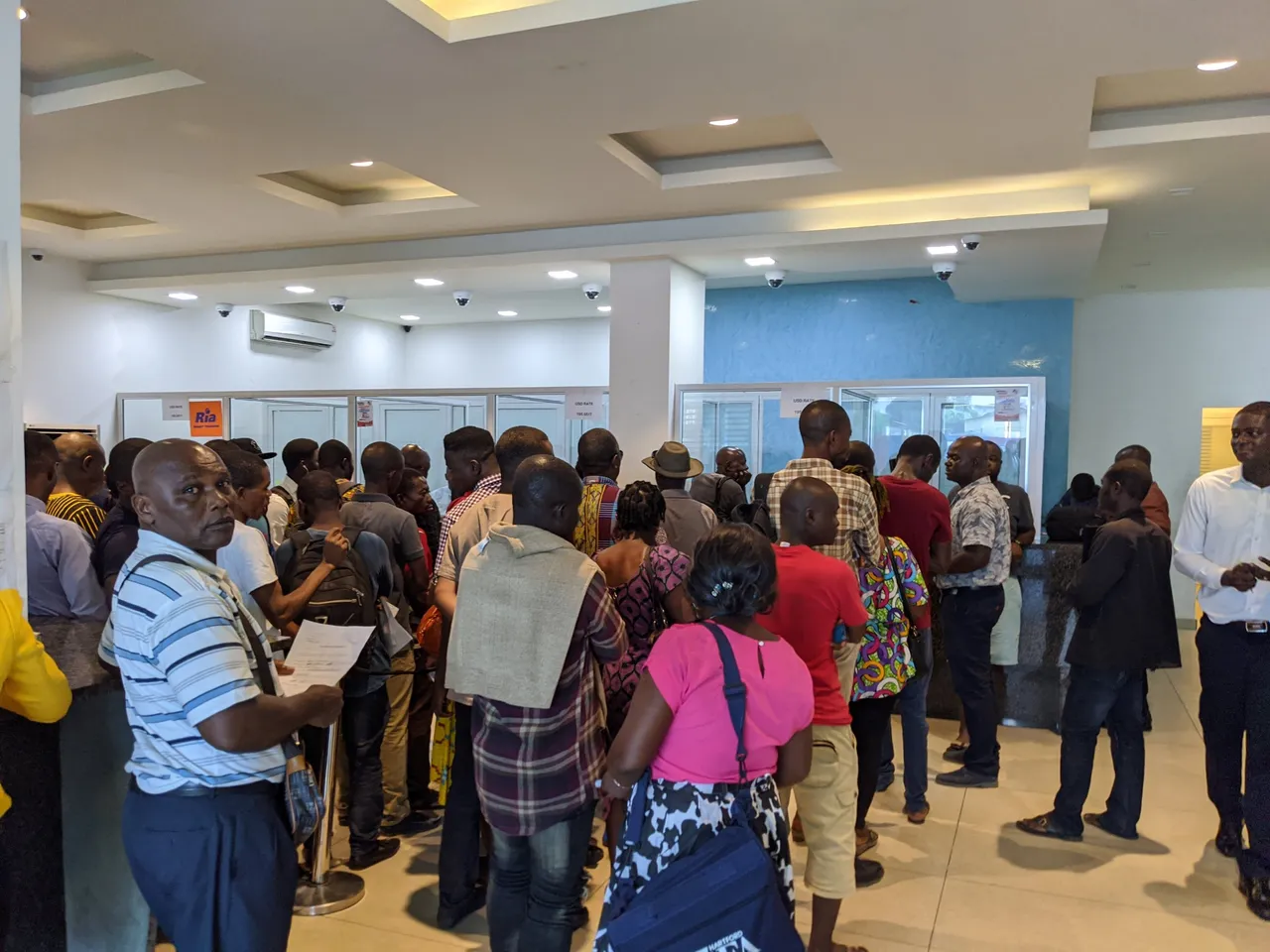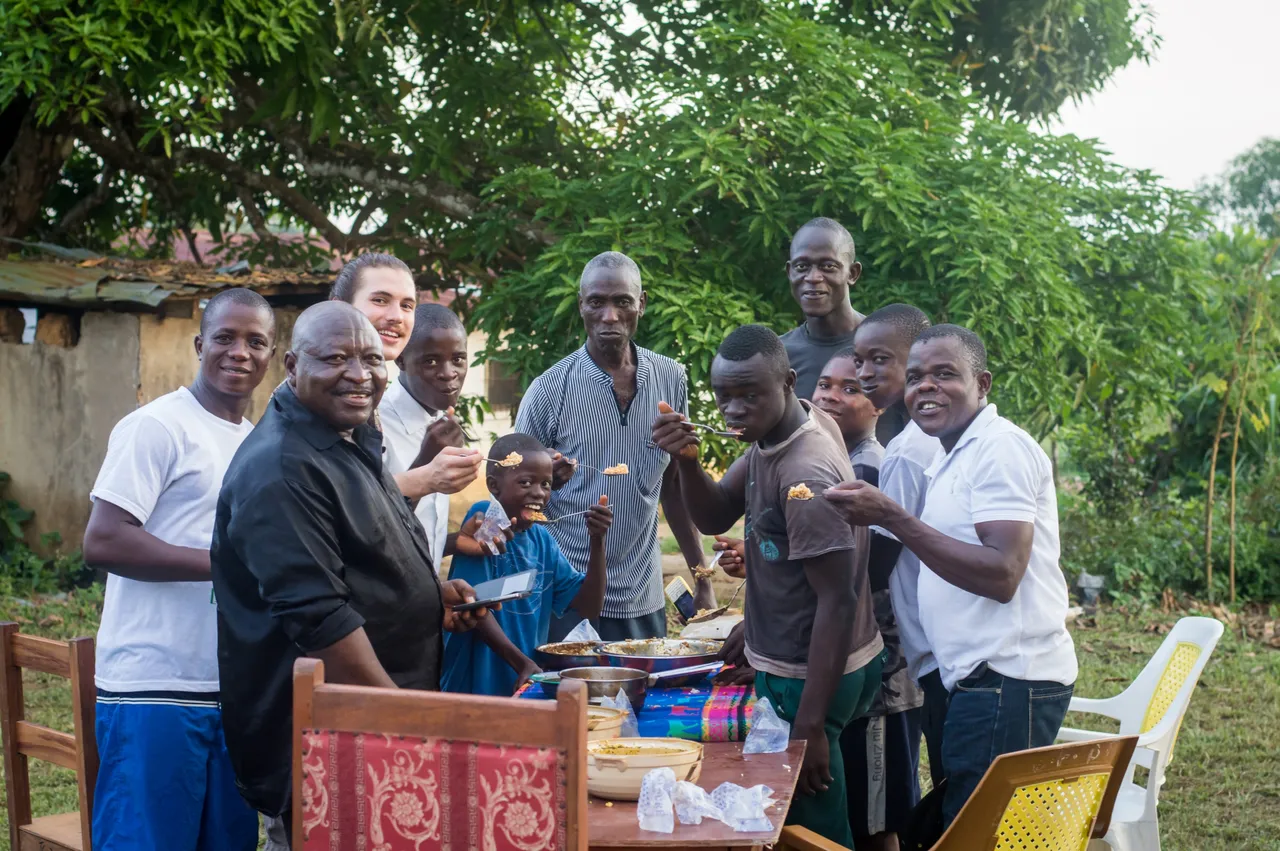Peace Corps withdrew all their volunteers worldwide some weeks back. This is a first in history, and the trajectory of the Peace Corps is uncertain especially as governments cut foreign expenditures to support domestic recovery. Most of us in Liberia left in December, however, long before concerns about COVID-19 shook the world. The issue was quite different; in the rainiest capital city in the world, the banks were dry. Amorphous blobs of frustrated clientele waited all day, only able to withdraw $10 USD when they managed to accost the teller.

Civil servants, nurses, and teachers hadn’t taken pay for up to four months. Local banks and central government employees assured they were fixing things. Forced to borrow from friends and shop owners, teachers “put down the chalk” and classes ceased for weeks. Students, the biggest losers in this game, swapped their white button-downs for muddy farming shirts. Those who did show up searching for a semblance of school played quiz bowl with each other for a couple of hours then returned home.
Circumstances confound
Volunteers who ran out of money had to leave their sites for several days to travel to a bank that was reported to have money, often showing up to hear the liquid dollars finished just hours ago. Peace Corps expects some level of uncertainty, but this problem didn’t appear to be resolving anytime soon.
After an impromptu all-volunteer meeting, they released this message; “Over the past year, Liberia’s economy has faced a number of challenges, including the inability to reliably obtain needed funds from banks. Out of an abundance of caution, the Peace Corps has made the decision to reduce the footprint of volunteers in Liberia in order to better support them.”
That weekend was full of tears and denial. Was it really necessary? Most of us had strategic reserves or at the very least could have asked neighbors to cover us until things stabilized. And what about the communities we would leave behind? They couldn’t simply get up and move away from the problem. Frustration permeated every conversation. Even more palpable, though, were the connections that volunteers had made with Liberia in the months or years they spent there.